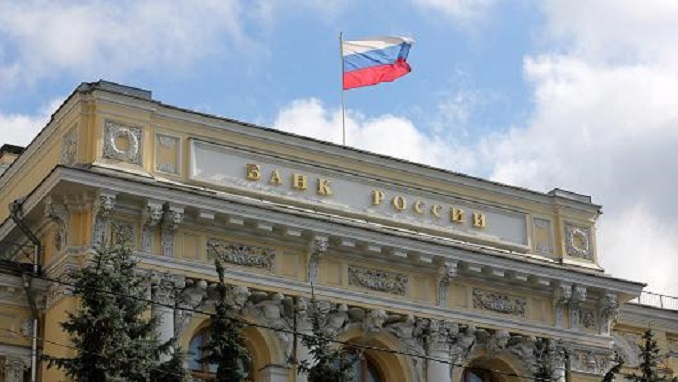The level of consumer price inflation in Russia has fallen back to the country’s central bank target of 4%, opening the way to more key rate cuts by the regulator, state statistics agency Rosstat said on Monday, according to bne Intellinews.
Inflation, which is the biggest concern for the average Russian, rose again at the start of this year to over 5% on the back of higher oil prices, sanction fears and a 2pp hike in the VAT rate in January. The inflation previously dropped to a post-Soviet low of 2.3% in mid-2018.
The Bank of Russia has set a target level of 4% and hiked rates twice at the end of last year. But the impact of this year’s VAT hike has been mild and inflation has fallen faster than expected.
The regulator has cut rates three times this year already, the last time lowering the monetary policy rate by 25bp to 7%. The central bank is expected to continue to lower rates with more cuts, but not before the beginning of 2020.
Russia posted two months of negative growth in consumer prices in the summer.
“Deceleration in inflation was widely expected and unsurprising. However, the main issue is whether the future CPI rate will remain under control, which is far from granted – we reiterate our YE20 forecast of 3.8% y/y (vs the govt’s 3% y/y),” BCS Global Markets chief economist Vladimir Tikhomirov said in a note.
In her comments following the announcement by Rosstat, the Bank of Russia’s First Deputy Chief Ksenia Yudaeva did not rule out another rate cut but added that the regulator will carefully assess all factors before making its rate decision.
“We agree that the current level of inflation, as well as the projected further falls in the CPI rate over the next few months, do offer more space to maneuver in the monetary area. Thus, from a purely technical and macro perspective a 25bps rate cut seems like a done deal, probably as early as this month,” Tikhomirov said. “However, we see a variety of strong pro-inflation factors appearing on the horizon within the next 6-10 months – these include a rise in budget spending, planned increases to wages and pensions, a reversal in the base factor effect and uncertainty over the global economy and the state of commodity markets.”
The next monetary policy meeting of the Bank of Russia’s board is slated for October 25.












